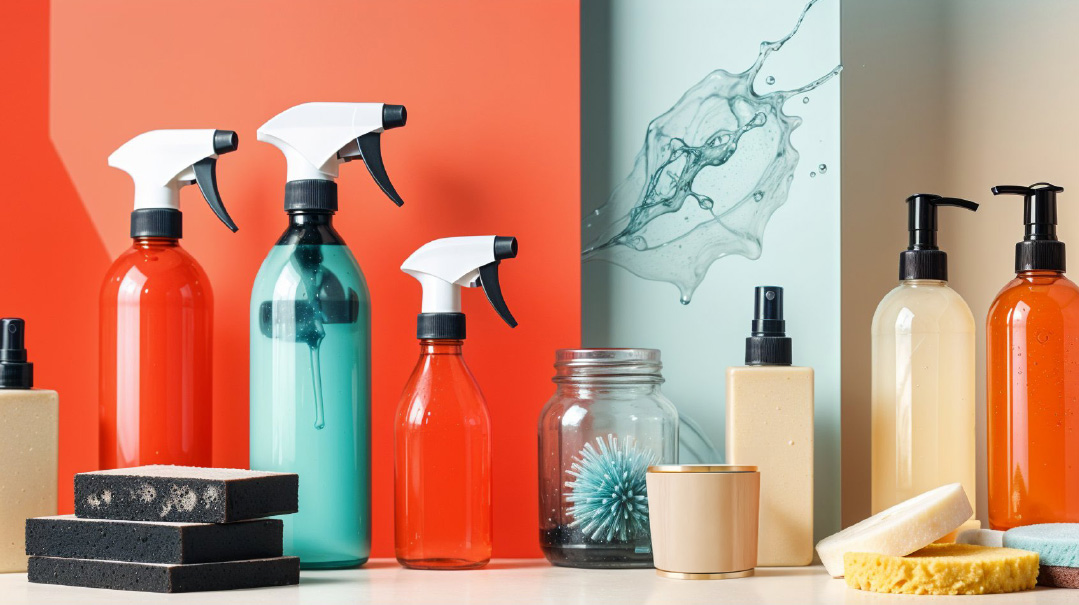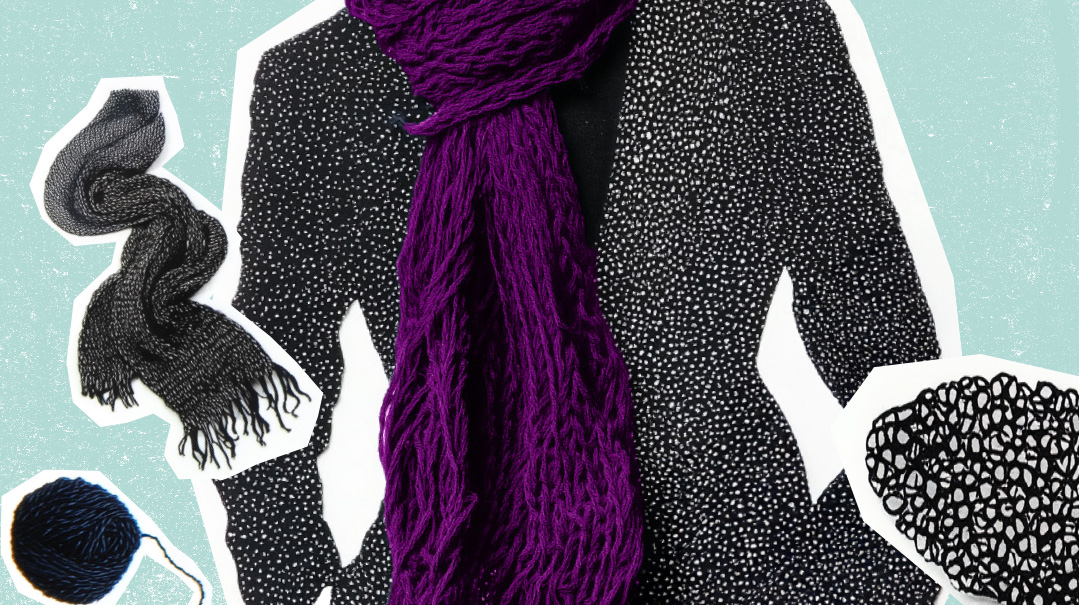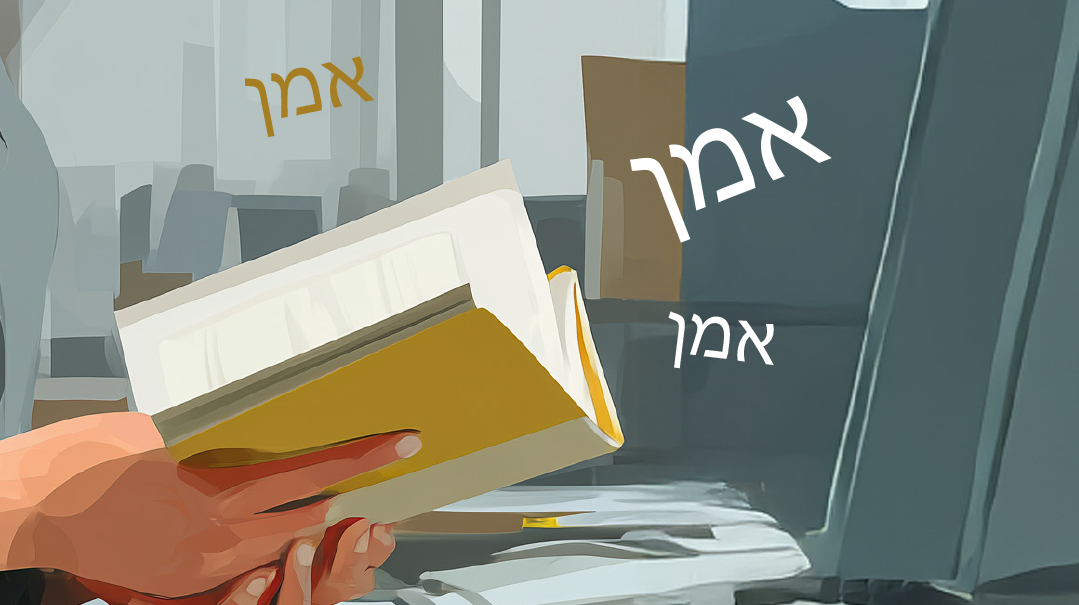Kitchen Cleaning

Should I clean behind my fridge, and other Pesach-related questions

Prepared for print by Faigy Peritzman
When cleaning my home, I always feel confused by the conflicting instructions I get. On one hand, I’ve heard so many rabbanim saying that we shouldn’t “go crazy” and we’re really only focusing on large pieces of chometz. On the other hand, we need to clean nitty-gritty things like refrigerator gaskets. How do I reconcile the two?
The instructions aren’t conflicting or confusing, they’re just referring to two separate parts of the mitzvah of biur chometz. When it comes to the mitzvah that chometz “may not be seen or found in one’s property on Pesach” (bal yeira’eh u’bal yimatzei), the basic halachah isn’t concerned with crumbs or tiny pieces of chometz, since those are considered to be insignificant and worthless. From a halachic perspective, it’s as if they don’t exist, and therefore aren’t considered to be “seen” or “found.” Thus, when we clean around the house, under the beds or behind the closets or refrigerators, we’re not concerned about crumbs, and we’re not required to move the ovens and refrigerators to clean behind them.
While there’s certainly a long-standing minhag to be stringent and try to rid the house of any vestige of chometz, if possible, this is where you are told that you shouldn’t “go crazy” and focus only on what the halachah requires.
But there is another mitzvah associated with biur chometz, that which says it is forbidden to eat (ingest) chometz on Pesach; for that part of the mitzvah the halachah is extremely concerned that not even a smidgen of an edible crumb enter our mouths on Pesach. Even if the tiny crumb was mixed with a large amount of other kosher-for-Pesach food, it’s still forbidden, in many cases, to eat that mixture on Pesach. We are, therefore, extremely vigilant to remove even the smallest crumbs from the refrigerator gaskets, the counter tops, and any other area which contains chometz that may come into contact with kosher-for-Pesach food. For this purpose, the cleaning can and should be “nitty-gritty.”
We just moved into a new house and I’m thrilled that there are quartz counters. How do I kasher them for Pesach?
There are two customs: Some clean the countertop extremely well, including all of the cracks and cervices, and then kasher it by pouring boiling water (a form of hagalah) over the entire area. Quartz is generally made mostly from stone aggregate, which is a material that can be kashered through hagalah. For various reasons, others are more stringent and require that the kashered counters be covered as well. Unless your family has a specific minhag, you may choose either option.
Why do we line cabinets [and refrigerator shelves] after cleaning them if they aren’t exposed to hot food anyway?
The custom to line cabinet shelves [and refrigerator shelves] with paper lining or silver foil is based on the previously mentioned concern about crumbs being in the area where our food or dishes are stored. Since it’s forbidden to eat even a tiny bit of chometz, even if it’s mixed with other foods, we’re concerned that the cabinet shelves weren’t thoroughly cleaned and some crumbs of chometz may still be there and will mix with the kosher-for-Pesach food or dishes. While lining shelves is a proper minhag to uphold, it’s not halachically required. One who is meticulous to properly clean and check the cabinet and refrigerator shelves isn’t halachically required to line them.
We’re making Pesach for the first time and outfitting our kitchen is getting pricey. Which kitchen utensils can be used both for year-round and for Pesach?
Many utensils, including the refrigerator and large electric or gas ovens, can be kashered and cleaned for Pesach. Under normal circumstances, we don’t kasher small, difficult-to-clean utensils such as a food mixer, blech, or a small toaster oven. It’s questionable if a microwave can be kashered for Pesach and it’s recommended not to do so under normal circumstances. If you have a situation where using a microwave is crucial, consult a rav as to the process.
I’m in seminary and while helping a relative Pesach clean, I saw for the first time sink inserts and faucet covers. We never used those things. Are they a chumra, a minhag, or simply extra?
In the USA, most sinks are made out of stainless steel and they’re easily kasherable via pouring hot water over them, so a sink insert and faucet covers aren’t necessary. In Israel, where many sinks are made out of ceramic material that isn’t kasherable, many people use sink inserts and faucet covers in order to be able to use the sinks over Pesach.
My mother used to clean our kitchen with a toothbrush and toothpicks for days. Yet my husband says I don’t even need to clean the light switches or cabinet handles. Who is right?
As explained before, in the kitchen (or wherever food is stored) we’re careful to avoid even the smallest amount of edible chometz, lest it enters our food. If the light switches or cabinet handles may be dirty from sticky chometz food (and they often are), then they must be thoroughly cleaned (but not with toothpicks for days!) and checked at bedikas chometz on Erev Pesach.
I have several young children and my kitchen table and chairs get lots of usage. Does it suffice just to wash them down, or should I be unscrewing the chair cushions to get out pieces of food that may be stuck in the frame, etc.?
You’re not required to unscrew chair cushions, etc., since the crumbs that may possibly be found underneath the cushion are insignificant and worthless. Since it is also highly unlikely that the crumbs will end up mixed with your kosher-for-Pesach food, there’s no halachic requirement to clean and check that area.
It never fails that when I unpack our Pesach dishes I find a frying pan or knife that I must have known last year if it was fleishig or milchig, but never marked. Now what?
Kashering those items that you have a question about is always an option. But if this situation happens to you all the time (it never fails!), then there is something wrong with the way you organize and pack your Pesach dishes. It’s time for a better plan.
I have a deep freezer that I’m selling for Pesach. Must I clean it beforehand or can I just mark it as sold?
If your family minhag is to sell chometz gamur, then just sell the entire freezer without cleaning it. Otherwise, you will need to go through your freezer to see if there are significant items that are chometz gamur, so that you can remove those items. As explained earlier, crumbs and insignificant pieces of chometz aren’t considered chometz gamur.
We were planning on buying a new dishwasher that we can use year-round. Are there any kinds that can be kashered for Pesach as well?
Kashering dishwashers for Pesach is a difficult and controversial process that is generally not recommended. If you have special circumstances where a dishwasher is a must for your Pesach use, consult a rav for guidance.
(Originally featured in Family First, Issue 938)
Oops! We could not locate your form.







